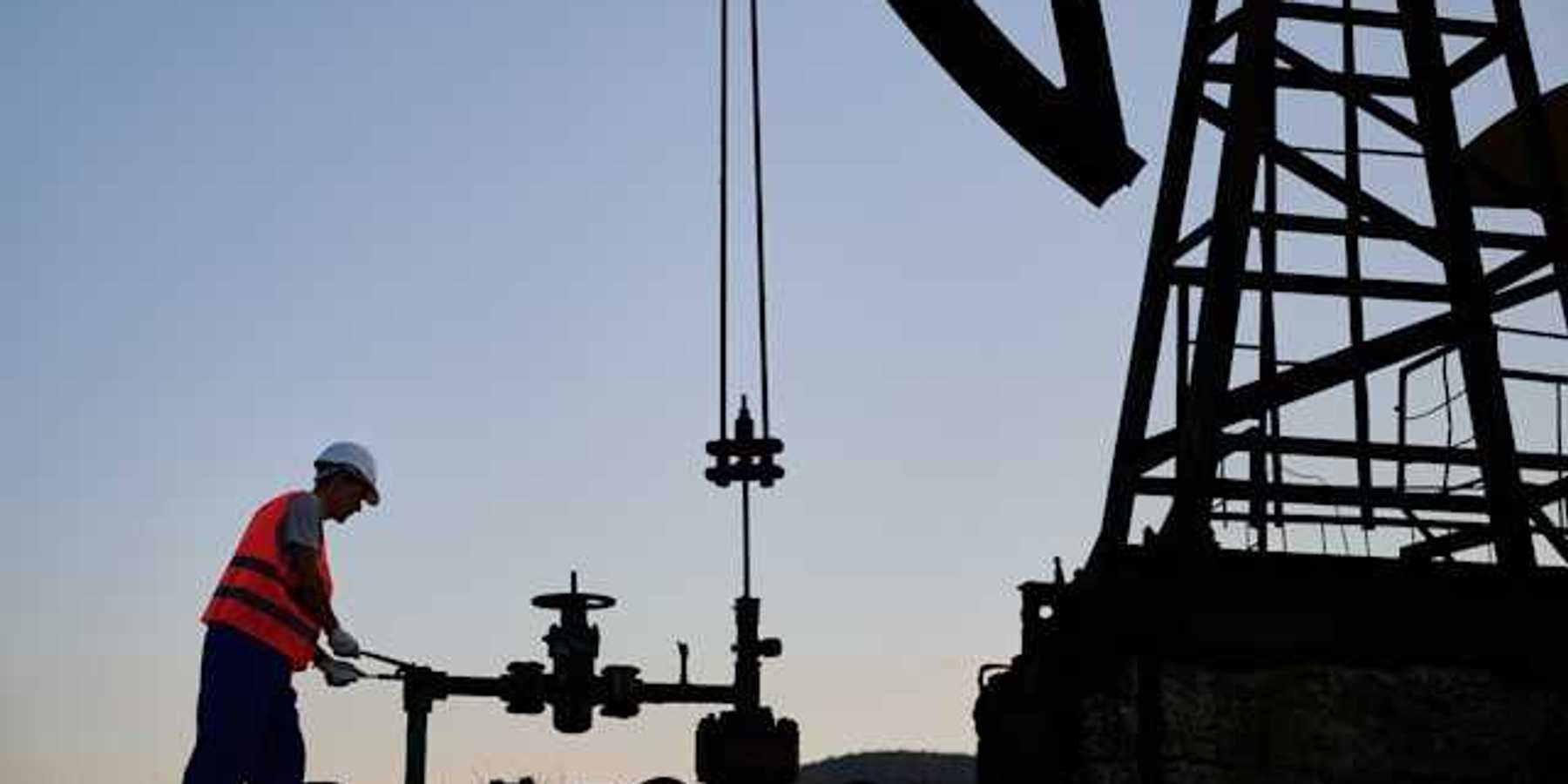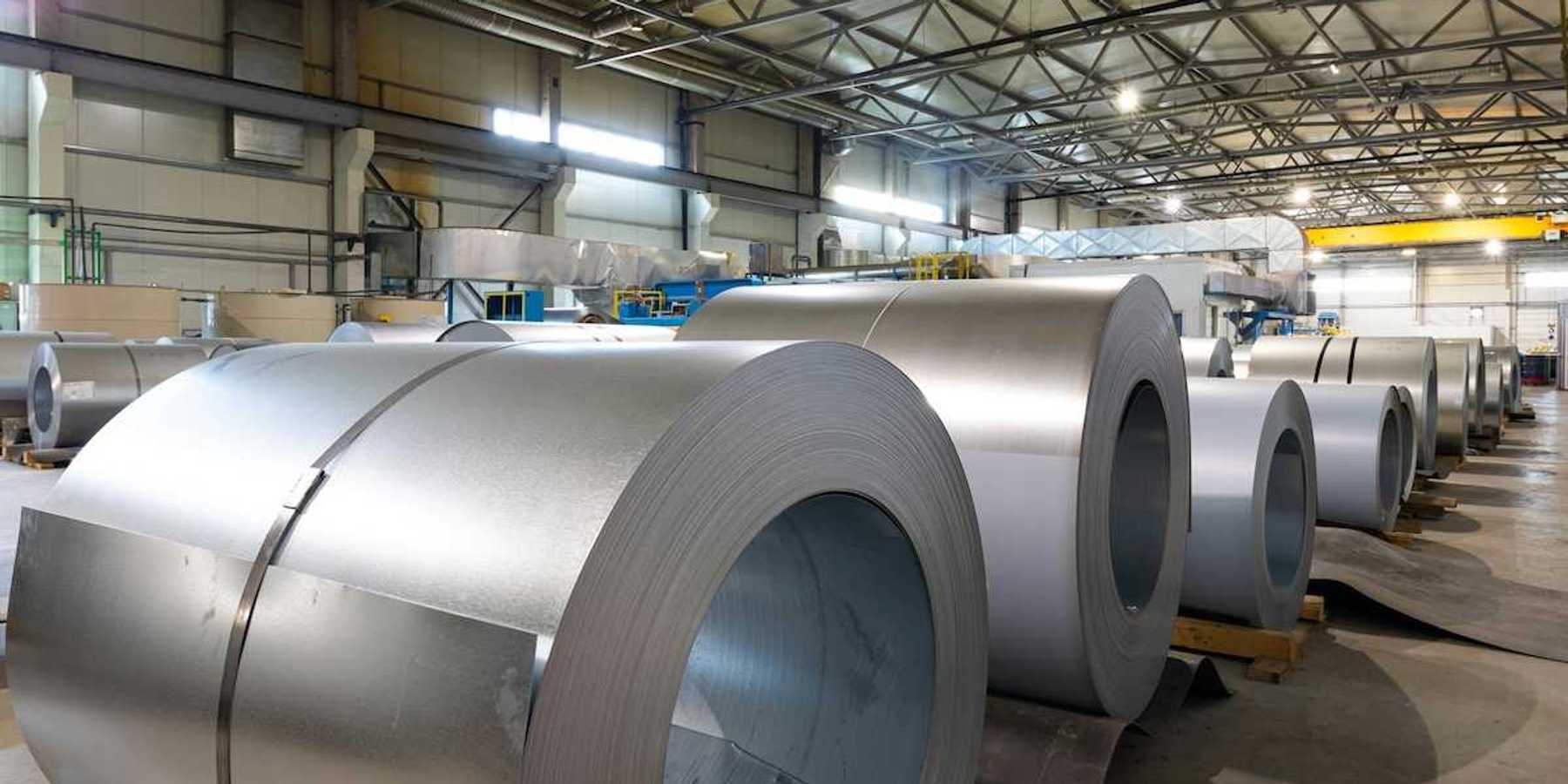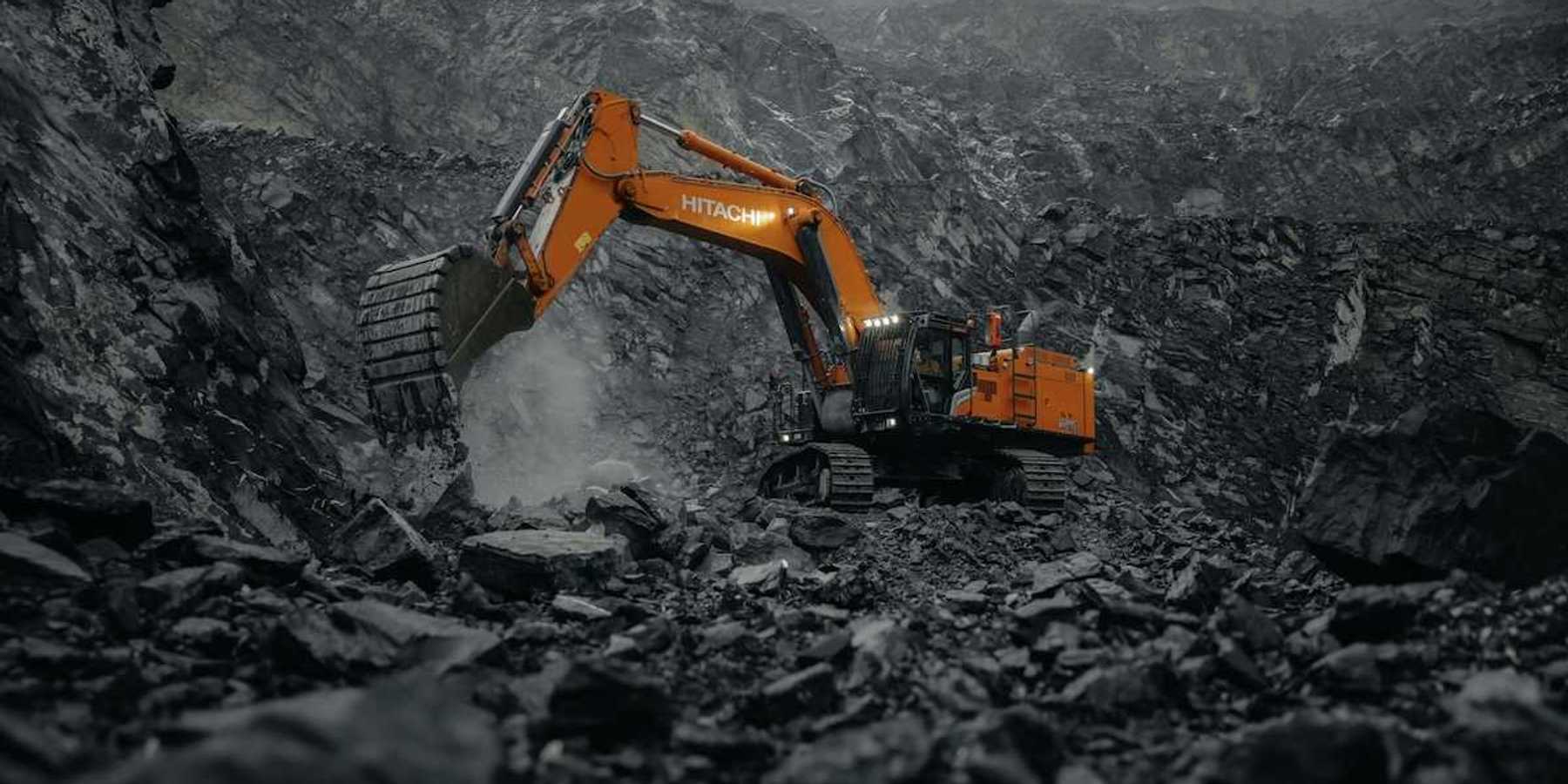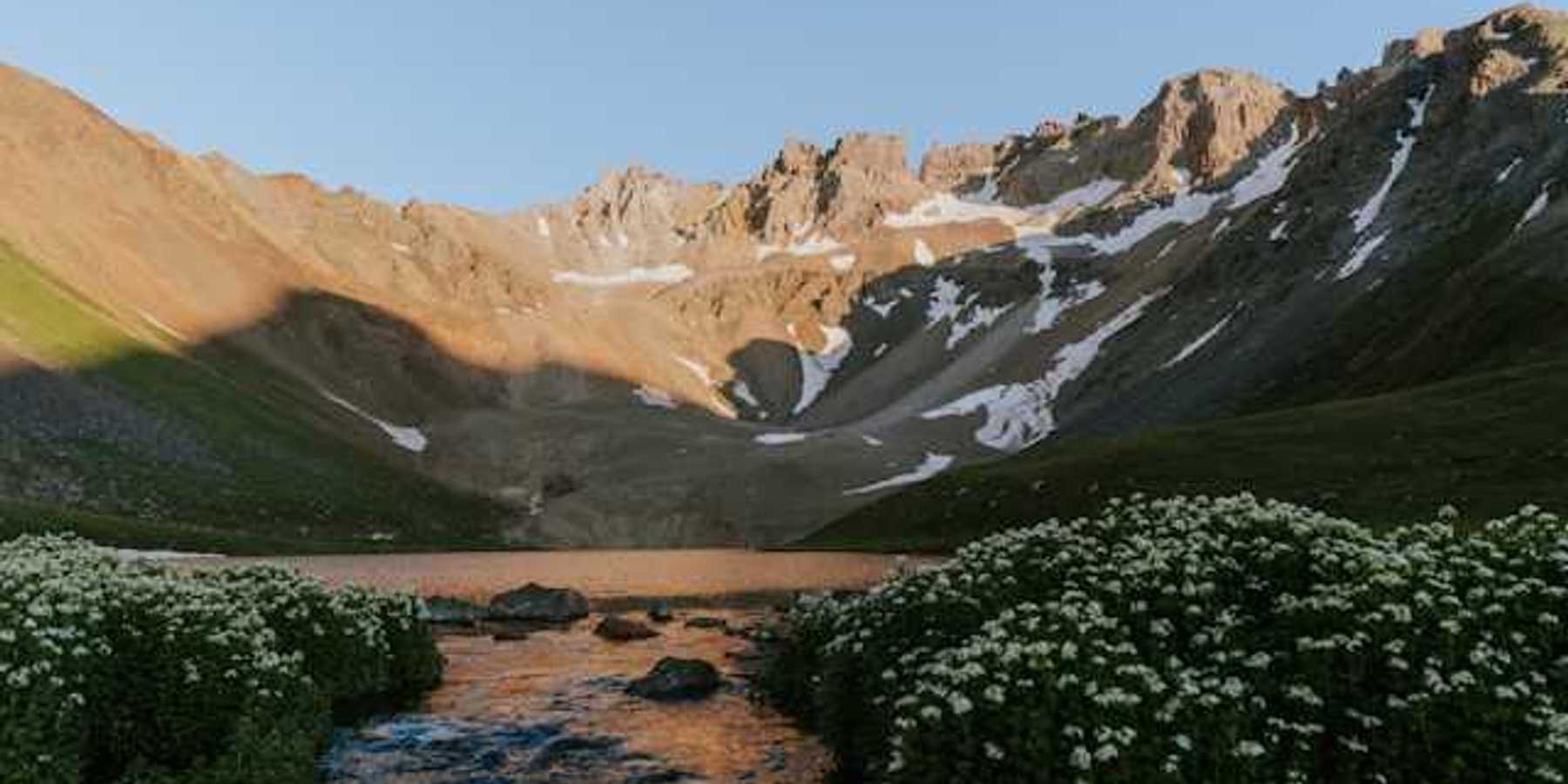Climate impacts on water could raise clean energy costs in the US West
Plans to decarbonize electricity grids in the U.S. West by 2050 face significant cost increases due to climate-driven impacts on water resources, a study warns.
Sharon Udasin reports for The Hill.
In short:
- Water scarcity from climate change may reduce hydropower output by up to 23% by 2050, while electricity demand could rise 2% annually.
- Western states might need up to $150 billion in new transmission and generation capacity, including 13 gigawatts of transmission and 139 gigawatts of generation.
- The study calls for diverse renewable energy investments, better adaptation strategies and flexibility in grid planning to address vulnerabilities.
Key quote:
“Grid planning that ignores climate projections and water linkages underestimates the capacity and investment needed to achieve decarbonization and maintain grid reliability.”
— Study authors
Why this matters:
The interdependence of water and energy underpins the feasibility of decarbonization goals. Climate-driven reductions in water availability threaten hydropower reliability, a major clean energy source in the West, while higher energy demands strain infrastructure. Proactive planning can prevent costly setbacks and ensure progress toward a sustainable energy future.
Read more: Droughts hit 48 US states, straining resources and crops













